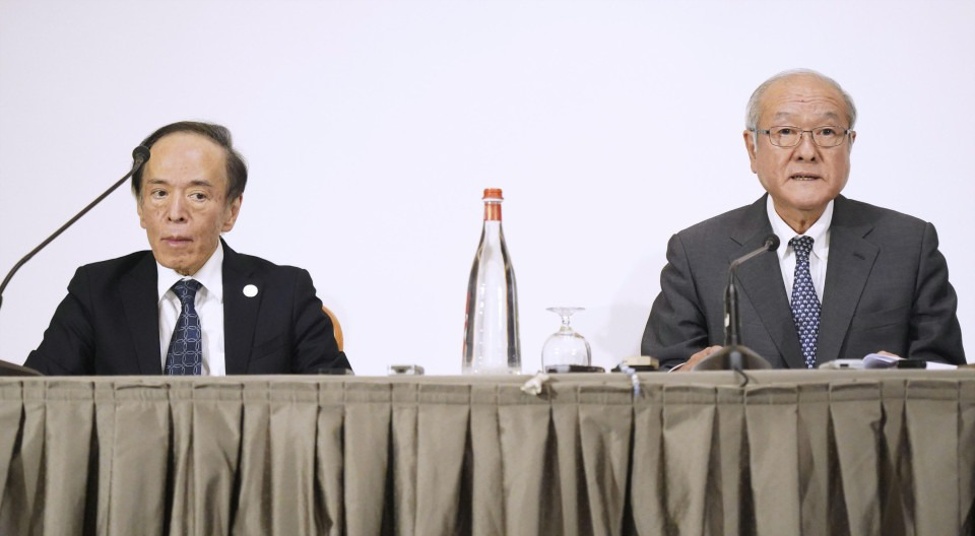Bank of Japan Governor Ueda and Finance Minister Suzuki met over the weekend at the conclusion of the G7 summit in Italy.
Suzuki said he had not met one-on-one with U.S. Treasury Secretary Janet Yellen, appearing to suggest there had been no discussion of coordinated yen intervention. Before the weekend, Suzuki's aide, Vice Minister for International Affairs Masato Kanda, the official who would instruct the BOJ to intervene if it deemed it necessary, had essentially said there was no need for a meeting.
Earlier this month, Yellen did not encourage the idea.
A few days later, Yellen offered an even cooler tone.
Not wanting to overemphasize the point, Yellen reiterated last week that interventions should be rare and given ample notice in advance.
So after the G7, all we had was a tag team show with Suzuki and Ueda.
Suzuki:
- G7 Foreign Exchange Commitment Reaffirmed
- He said many factors were contributing to the rise in yields.
- Caution against keeping interest rates above zero
And interest rates are rising in Japan.
- Opposed to keeping interest rates above zero… “We must be keenly aware that we are now living in a world of positive interest rates…. We will proceed with fiscal consolidation with a greater sense of urgency than ever before.”
Bank of Japan Governor Ueda seemed content to leave the sticky issue to Suzuki and ignored it all, saying:
- Long-term bond yields are in principle determined by financial markets.
- Monitor the fixed interest rate market
Governor Ueda did not comment on future interest rate trends, nor did he say much about the possibility of reducing JGB purchases at the next policy meeting in June.
Bank of Japan Governor Ueda and Finance Minister Suzuki.
—
G7 finance leaders met in Stresa, Italy this Friday and Saturday.
The G7 member states are Canada, France, Germany, Italy, Japan, the UK and the US. The EU will participate in all discussions as a guest.


